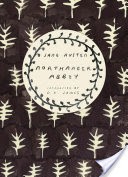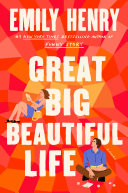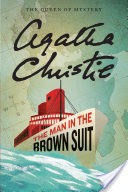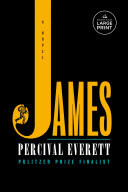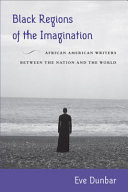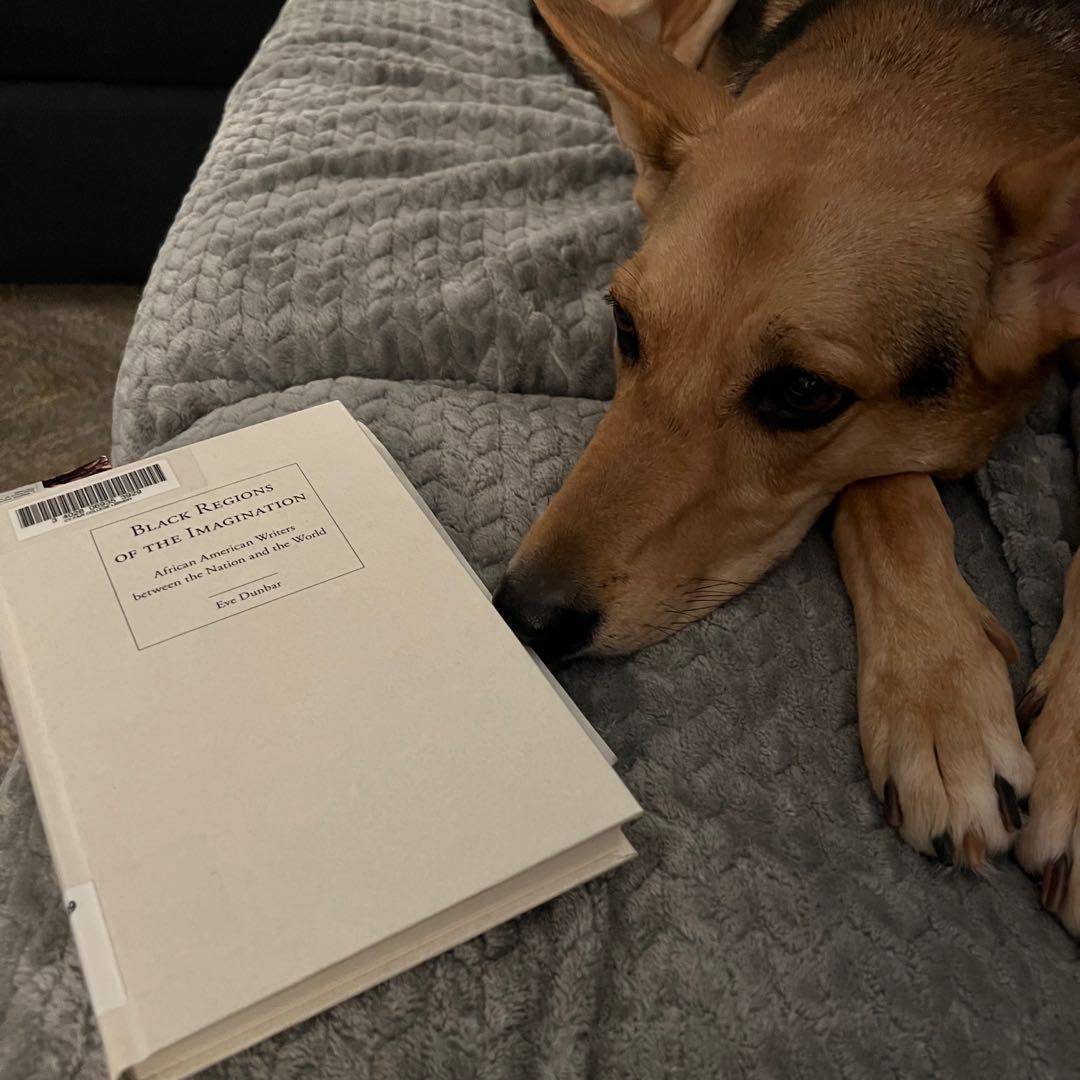So, this sentence may have stopped me: “Focusing on the writings of Zora Neale Hurston, then, this chapter explores how she employs ethnography to orchestrate the difficult task of offering a public articulation of African American identity and artistic production in the midst of twentieth-century U.S. global expansion and a growing sense of black modernity, which would eventually help enable the integration of black ⬇️⬇️







